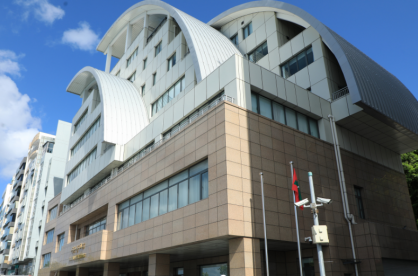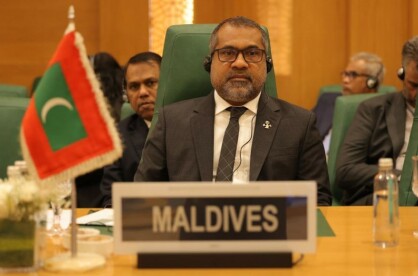The Maldives is confronting a surge in cybercrime with a proposed amendment to its penal code, focusing on crimes such as unauthorized access to computer systems, data interception, and digital fraud. This move, initially introduced by former President Ibrahim Mohamed Solih's administration, reflects growing concerns about cyber threats in the country. Over the past few years, there has been an evidently increased number of cases of hacking as well as phishing through links which has led to many people facing major financial losses. As this issue faced a hike, especially in the former administration, work was started towards managing the issue. With this, the amendment aims to enhance legal frameworks and provide law enforcement with the necessary tools to tackle these issues, underscoring the need for robust cybersecurity measures as the Maldives embraces digitalization.
With the new amendment to the law, the Maldives Police Services will have an easier time taking measures against those who are carrying out major hacking and phishing cases in the Maldives. The amendments will see some of the most common hacking and cybercrimes being included to the penal code, which includes:
1. Unauthorized access to a computer system
2. Unauthorized access to a computer system with the intent to facilitate a crime
3. Unauthorized interception of computer data
4. Unauthorized interference with a computer system
5. Improper use of devices
6. Acts of cyber violence
7. Acts of forgery related to computers
8. Computer related fraud
9. Acts of infringement of copyright and other related rights
The reintroduction of the cybercrime amendment is a significant step towards creating a safer digital environment. This legislative action aims to cover a wide range of cyber offenses, ensuring that perpetrators face legal consequences. However, the challenge lies in effectively implementing these laws and ensuring that law enforcement agencies are adequately equipped and trained to deal with sophisticated cyber threats.
In addition to legal measures, there is a pressing need for increased cybersecurity awareness among Maldivian citizens and businesses. Education and training programs can play a crucial role in mitigating risks by teaching individuals and organizations how to protect themselves against cyber-attacks. Public-private partnerships could also be instrumental in developing comprehensive cybersecurity strategies.
Source: Hacking and cybercrime forwarded to be criminalised under penal code again - The Edition







